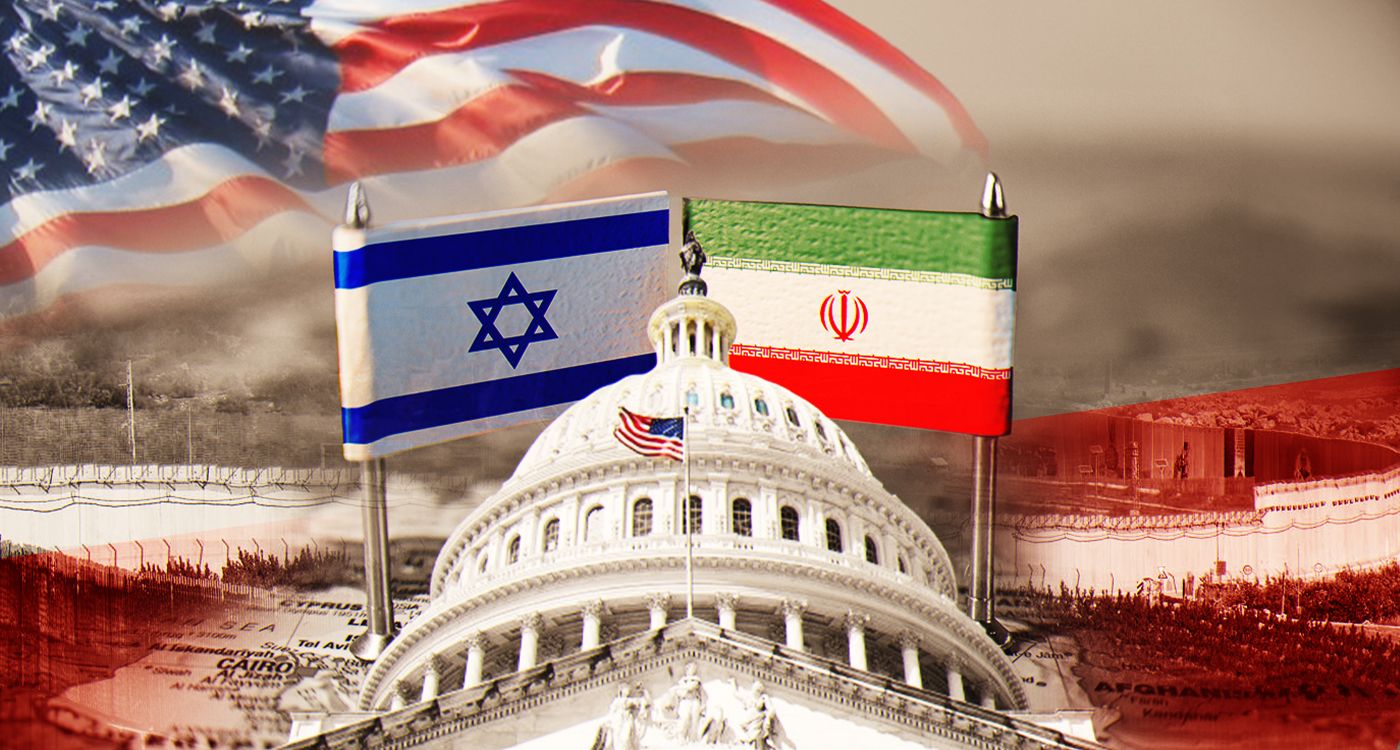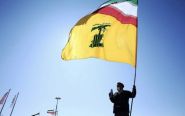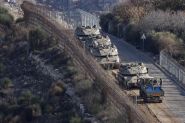
One of the things to know about ceasefires is they don't just happen because an American leader wants one, or because there is a piece of paper in circulation in New York labeled "ceasefire."
Unless an outside power is prepared to impose a ceasefire by force, it happens when the parties to a conflict no longer believe they can achieve their political and security goals through military means and are looking for a way out.
Hezbollah, after suffering the devastating losses of recent weeks, is clearly ready for a ceasefire. Iran, on the other hand, is not.
Foreign Minister Abbas Araghchi used his recent visit to Beirut to exhort the Lebanese to continue the war on Iran's behalf -- Iran is happy to fight for every last Lebanese. As for Israel, which is in control of the situation for the time being, it has shown no interest in a ceasefire linked to vague promises of an effort to return to the security regime of UN Security Council Resolution 1701 of 2006. Once there was a ceasefire back then, Iran and Hezbollah never met their responsibilities in that bargain. Why would Israel be tempted by that kind of offer? Its leaders are not; they are taking matters into their own hands.
While Nasrallah and his circle may be dead, Hezbollah is not. Until the Israelis believe they have degraded Hezbollah's military capacity and restored stability to the Lebanon-Israel border on a long-term basis, the IDF campaign is unlikely to stop. The Americans' only way to influence this situation would be with a plan that offered a convincing diplomatic path to achieve the same goals. Those goals are not a return to the pre-October 8 status quo when Hezbollah could join Hamas' war on Israel with impunity. Nor is the goal a return to the method of 1701, a resolution that Iran and Hezbollah never honored, primarily the demand to lay down Hezbollah's arms.
Israel's short-term objective now is eliminating Hezbollah's ability to cast terror and violence across Lebanon's borders. The longer-term goal is ending a situation in which Iran's proxies in the Levant control the life and death of everyone around them. Since Hezbollah's power and guidance derive from Iran, achieving that goal requires changing Iranian leaders' motivations. Until those leaders feel sufficient pressure and suffer mounting costs paid by them -- not by Arab proxies -- the goal will remain elusive.
The Biden Administration has run out of gas in the Middle East. Military-to-military cooperation between Israel and America has been significant. Yet, Washington has struggled to demonstrate relevance in the political and diplomatic spheres and to see its will respected by allies and foes. As is normal, these twilight weeks of an outgoing White House are likely to see a further evaporation of American influence. The actors of the region are positioning for the next American president and team.
Regardless of the outcome of the American election, a new Iran policy will be in order. That policy should press the advantages Israeli military action against Iran's empire has achieved and mount pressure using all available means to change Iranian behavior. It should also offer an alternative for Iranian decision-makers, in which a genuine and demonstrable change of their behavior will result in a gradual lessening of the pressure -- but only if and when that regime begins to change course.
To succeed, such an American policy would have to be persistent, one in which Tehran recognizes that a change of power between our parties will not result in a change of policy. Only through hard political work and flexibility at home will the next administration be able to come up with a bipartisan policy that cannot be out-waited by the real, unelected leaders in Tehran.
How this all plays out in Lebanon is unclear, but American officials would be wise to realize the address really lies in Tehran, not Beirut. Hezbollah's Lebanese opponents have suffered too much by way of assassinations and intimidation to be expected to just stand up and challenge that weakened but still deadly group. It is essential that we help rebuild political support there for restoring Lebanese sovereignty. True sovereignty, in which not only does the state have a monopoly of arms and control of its borders, but its neighbors have no reason to fear violence from stateless parts of Lebanon. So many Lebanese aspire to those unfulfilled promises made from the Taef Accord to UNSCR 1701, yet are powerless to achieve them.
The best way America and its friends in the Middle East can help the Lebanese today is to put an end to Tehran's desire and ability to project power into the Levant. Only then will the Lebanese be able to choose a president reflecting their will, not that of some foreign power, and undertake the reforms that can make a healthier Lebanon free of foreign interference.




Comments